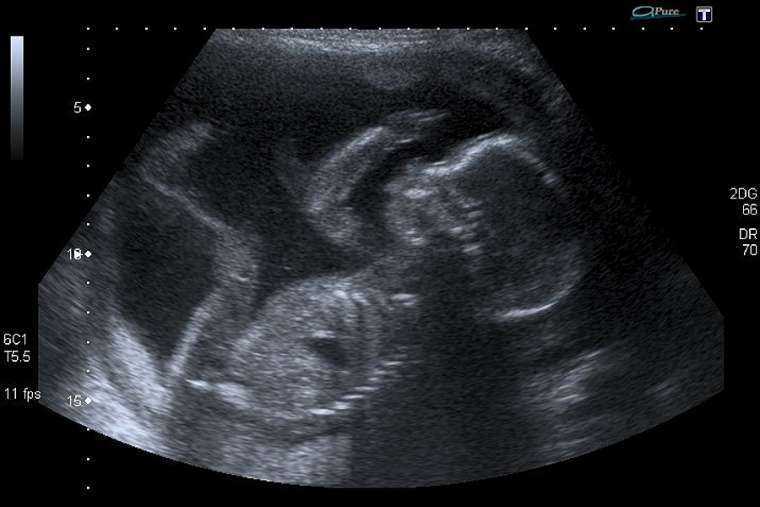A federal judge on Tuesday blocked an Alabama law banning most abortions, which passed in May, from going into effect on the planned date of Nov. 15.
The “Human Life Protection Act,” which Alabama Governor Kay Ivey signed into law May 14, would have made attempting or performing an abortion a felony offense for medical professionals.
Despite the judge’s ruling, an Alabama lawmaker who helped sponsor the legislation is welcoming the legal challenge, in the hopes that the Supreme Court will ultimately review the law.
“Today’s ruling is both expected and welcomed. Our law was designed to overturn Roe v. Wade at the Supreme Court level, and today’s ruling is merely the first of many steps on that legal journey,” said Rep. Terri Collins as quoted by AL.com.
“I remain confident that our mission will be successful and appreciate the support of millions of citizens who support our effort to preserve unborn life,” Collins said.
AL.com reports that District Judge Myron Thompson issued a ruling blocking the law from taking effect while a legal challenge, brought by the American Civil Liberties Union of Alabama and Planned Parenthood Southeast Advocates, makes its way through the court system.
Under the Alabama legislation, doctors who perform an abortion could be charged with a Class A felony and could face between 10 years and life in prison.
The law includes an exception for “cases where abortion is necessary in order to prevent a serious health risk to the unborn child's mother,” and includes no exceptions for cases of rape or incest.
The penalty would apply only to doctors, not to mothers, who, according to the law’s sponsors, would not face criminal penalties for seeking or undergoing abortions.
The sponsors, including Rep. Collins, have said that the law is designed to be a direct challenge to Roe v. Wade, the 1973 Supreme Court decision that found a constitutional right to abortion.
Ohio, Georgia, Iowa, North Dakota, Kentucky and Mississippi have all passed various restrictions on abortion designed to challenge Roe v. Wade, many of which have also been blocked by courts.
Missouri passed a near-total ban on abortion in May designed to stand up to judicial scrutiny, but in August a federal judge issued a preliminary injunction against the new law, preventing it going into force.
Bishop Robert Baker of Birmingham, Alabama said in April that the state’s legislation reflects “the strong commitment that the people of Alabama have to life.”
In an April 3 statement, the bishop praised the lawmakers’ efforts.
“I strongly support these bills and stand behind the efforts of these legislators to promote life and to, hopefully in the near future, eliminate this evil we know as abortion from within the boundaries of the State of Alabama; and, eventually, to make the killing of unborn children in our country something that is no longer viewed as anything but the horrendous and inhumane killing of the most innocent among us that it is,” he said.
There are currently three abortion clinics operating in Alabama.

